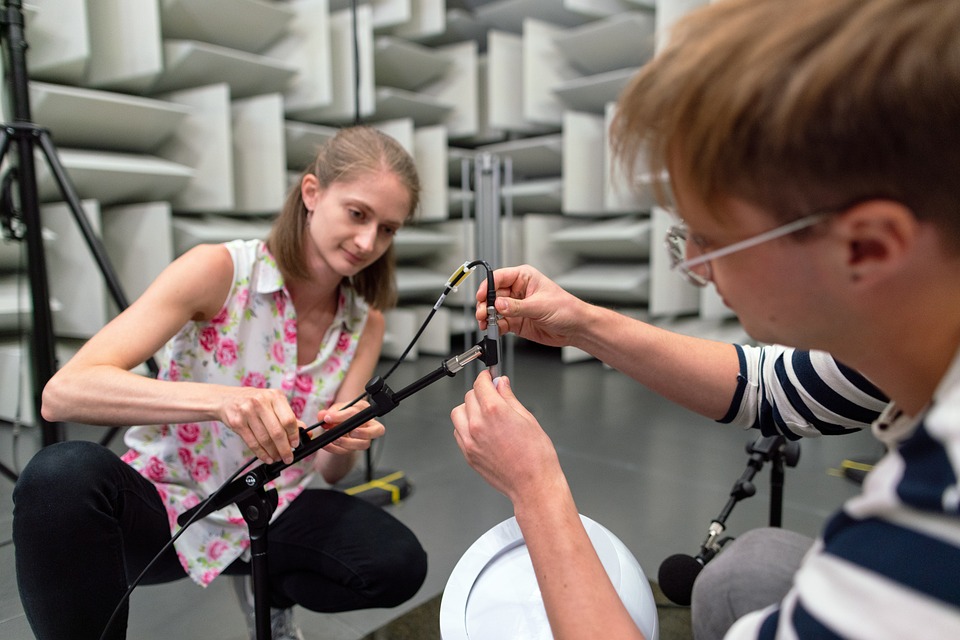Essential Skills and Responsibilities for Test Engineers: A Shortage Occupation with Promising Career Prospects
In the ever-evolving landscape of technology, the role of a Test Engineer has emerged as not only crucial but also increasingly sought after. As companies strive to deliver flawless software solutions, the demand for skilled professionals in this field has skyrocketed. Yet, what does it truly take to excel in this profession?
Core Skills Required
-
Analytical Proficiency
A Test Engineer must possess exceptional analytical skills. This involves the ability to dissect complex systems, understand their functionalities, and foresee potential pitfalls before they manifest. The capacity to think critically and methodically is indispensable; it’s not merely about finding bugs but understanding the underlying systems that contribute to those bugs. -
Technical Acumen
Familiarity with various programming languages, such as Python, Java, or C#, is vital. Additionally, knowledge of automation tools like Selenium or JUnit can make a significant difference. The landscape of testing is shifting towards automation, and engineers equipped with these skills are likely to stand out in a crowded job market. -
Attention to Detail
The devil is, as they say, in the details. A successful Test Engineer must exhibit a meticulous nature, ensuring that every aspect of the software is scrutinised for potential issues. This attention to detail not only enhances product quality but also instils confidence in the end-users.
Responsibilities That Matter
-
Test Planning and Design
Developing comprehensive test plans is fundamental. This includes defining the scope, objectives, and testing methods to be employed. Effective test design translates directly into the robustness of the final product. -
Execution and Reporting
The execution of tests, followed by meticulous reporting, forms the backbone of a Test Engineer’s daily responsibilities. Clear, concise reporting not only aids in immediate fixes but also contributes to long-term improvements in processes. -
Collaboration with Cross-Functional Teams
Engaging with developers, project managers, and other stakeholders is essential. A Test Engineer must communicate findings effectively, fostering a collaborative atmosphere that prioritises quality. As the saying goes, “It takes a village,” and this sentiment rings especially true in the realm of software development.
The Growing Demand
The current job market paints a rather promising picture for Test Engineers. With a shortage of qualified candidates in the UK, those equipped with the right skills can expect lucrative opportunities and career progression. Industry reports indicate that the demand for testers will continue to grow, particularly in sectors such as finance, healthcare, and technology.
One must ponder: what does this mean for aspiring professionals? It’s a call to action, a chance to step into a lucrative field that not only offers job security but also the opportunity to be at the forefront of technological advancement.
Navigating Your Career Path
For those contemplating a career as a Test Engineer, continuous learning is imperative. Engaging in relevant coursework, obtaining certifications, and participating in workshops can significantly enhance your employability. Networking within the industry can also unveil hidden job opportunities, allowing you to connect with potential employers who value your skill set.
As the landscape of technology continues to evolve, Test Engineers will play an increasingly pivotal role. The skills and responsibilities outlined above are not merely checkboxes; they are the foundation upon which successful careers are built.
Visajob.co.uk is here to support you on your journey to securing a role in the UK, particularly in positions that require sponsorship. With our guidance, you can navigate the complexities of the job market, ensuring that your skills are matched with the right opportunities. The future is bright for Test Engineers—are you ready to seize it?




